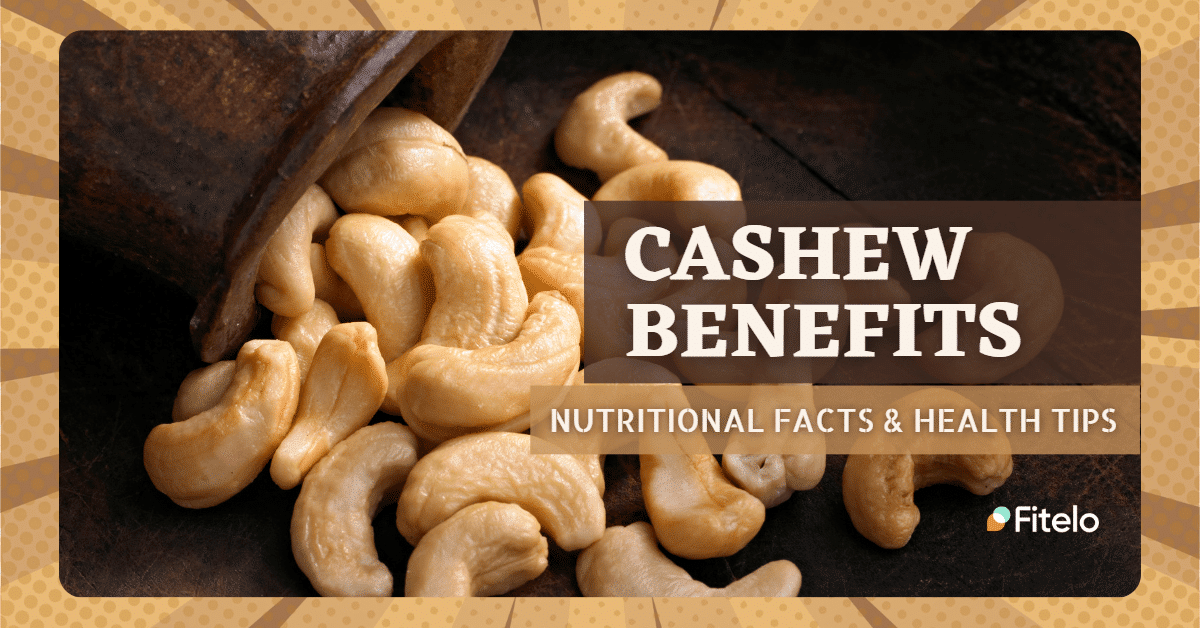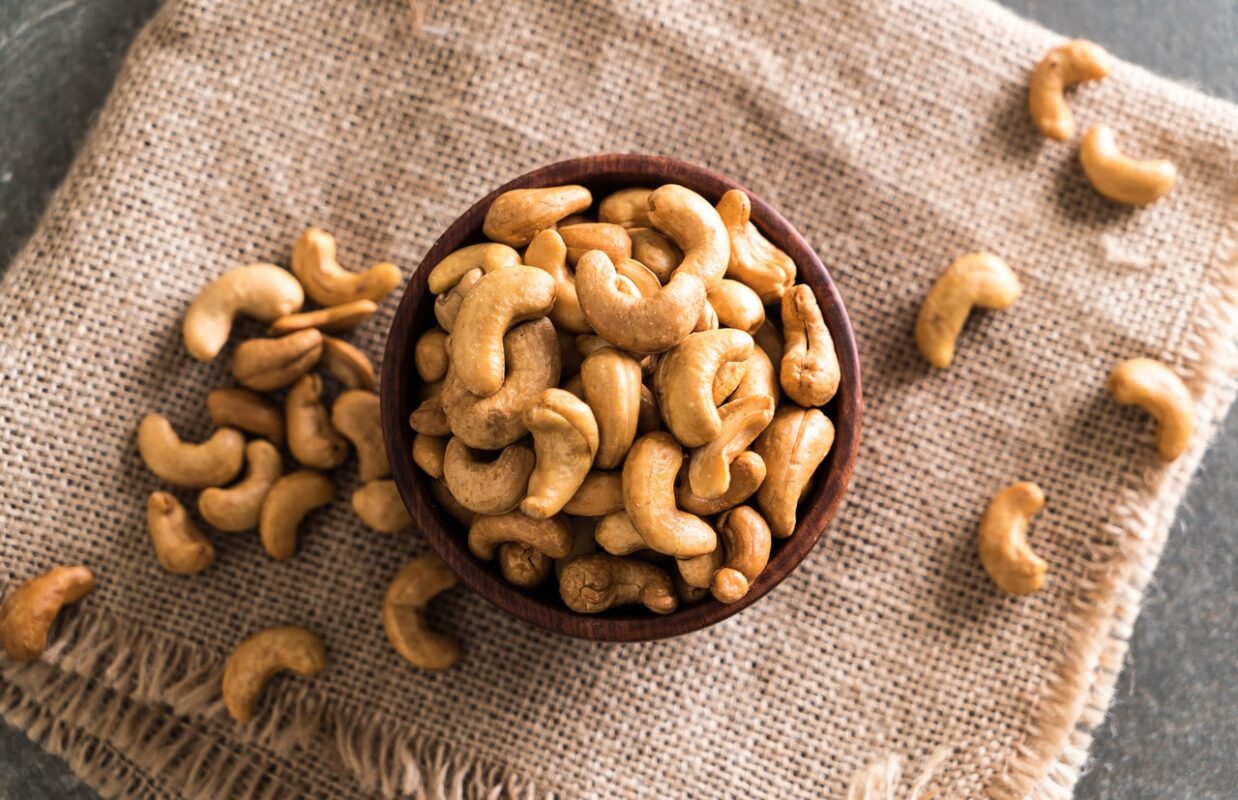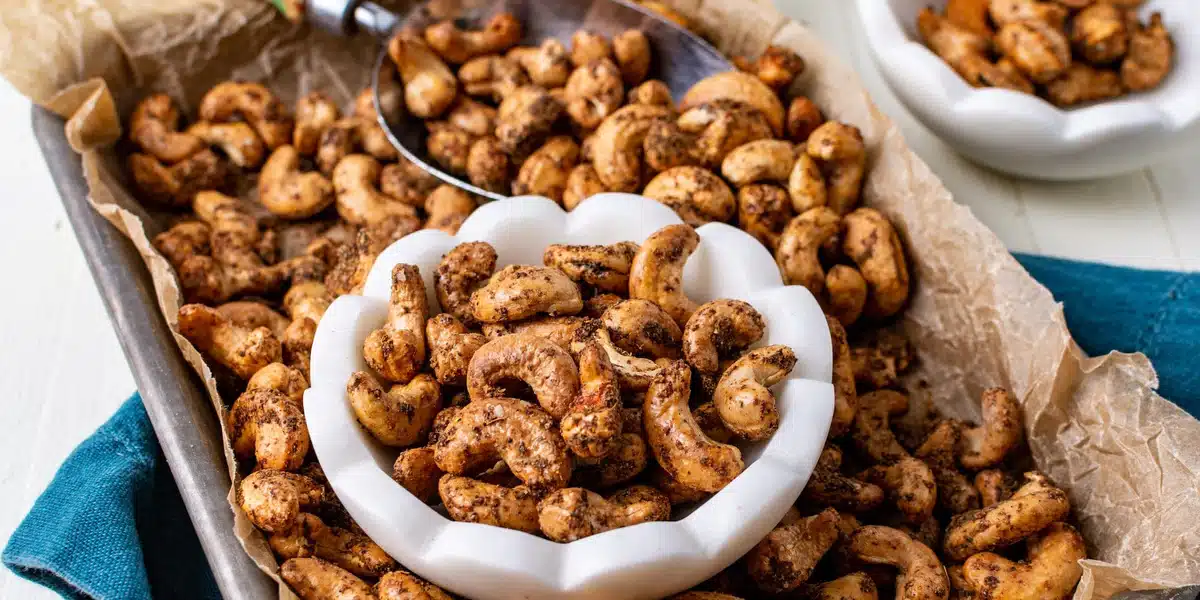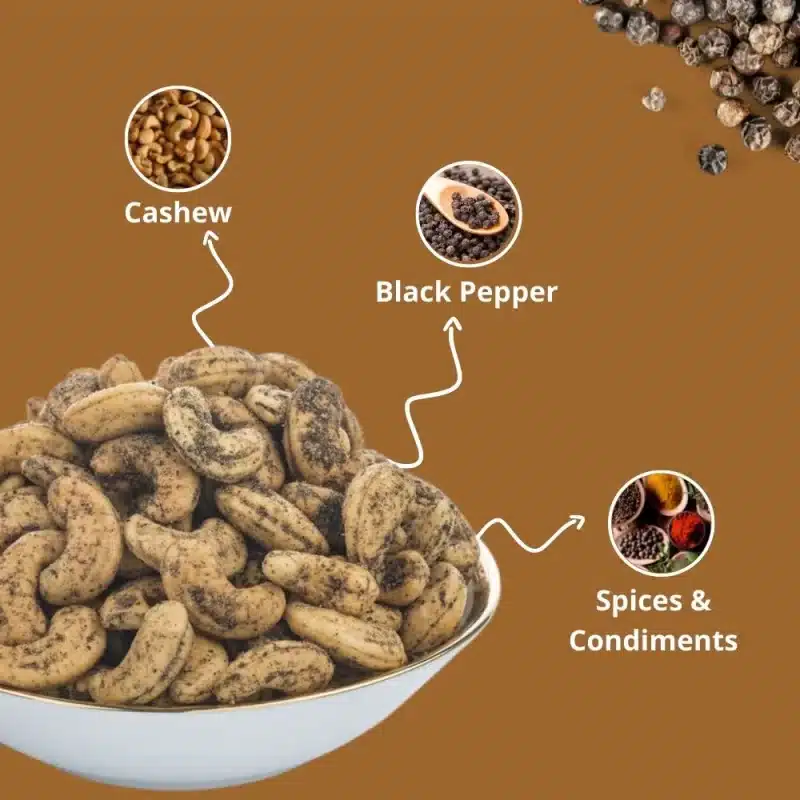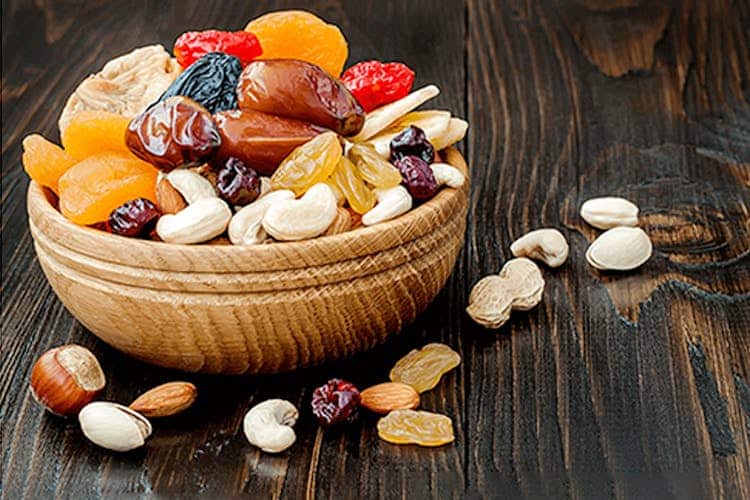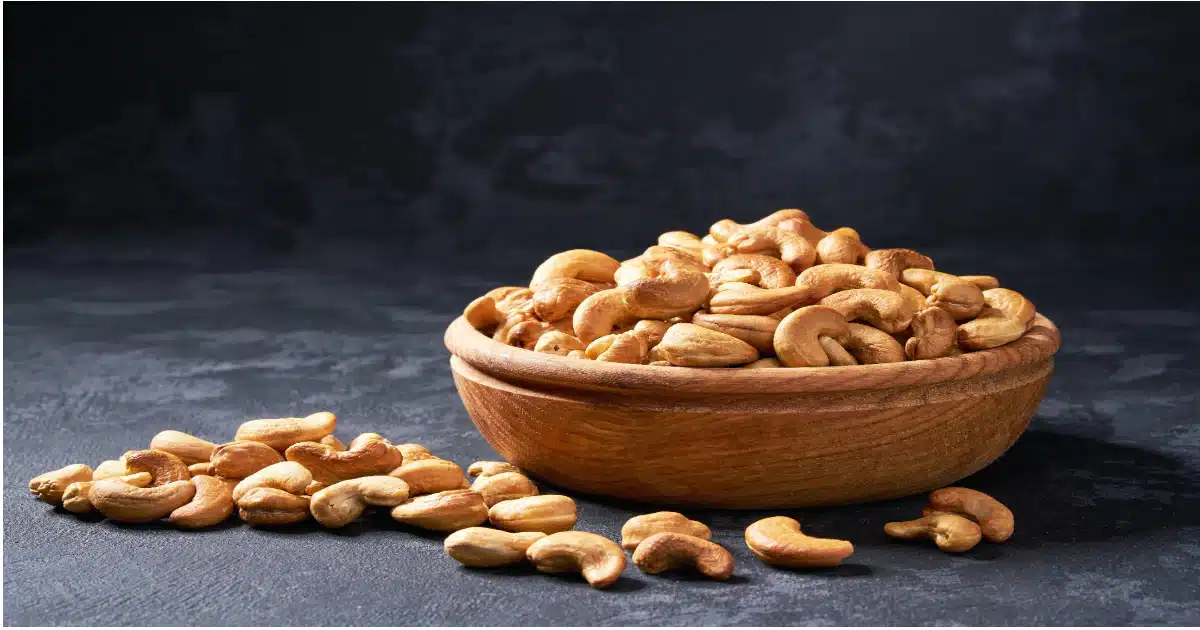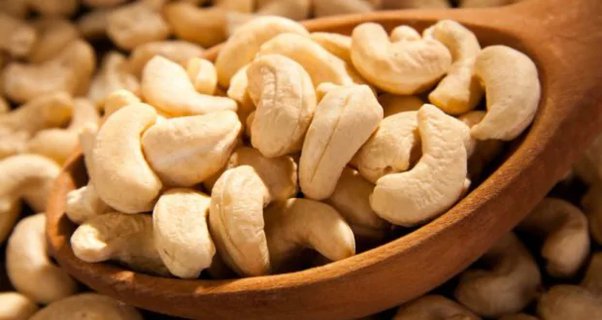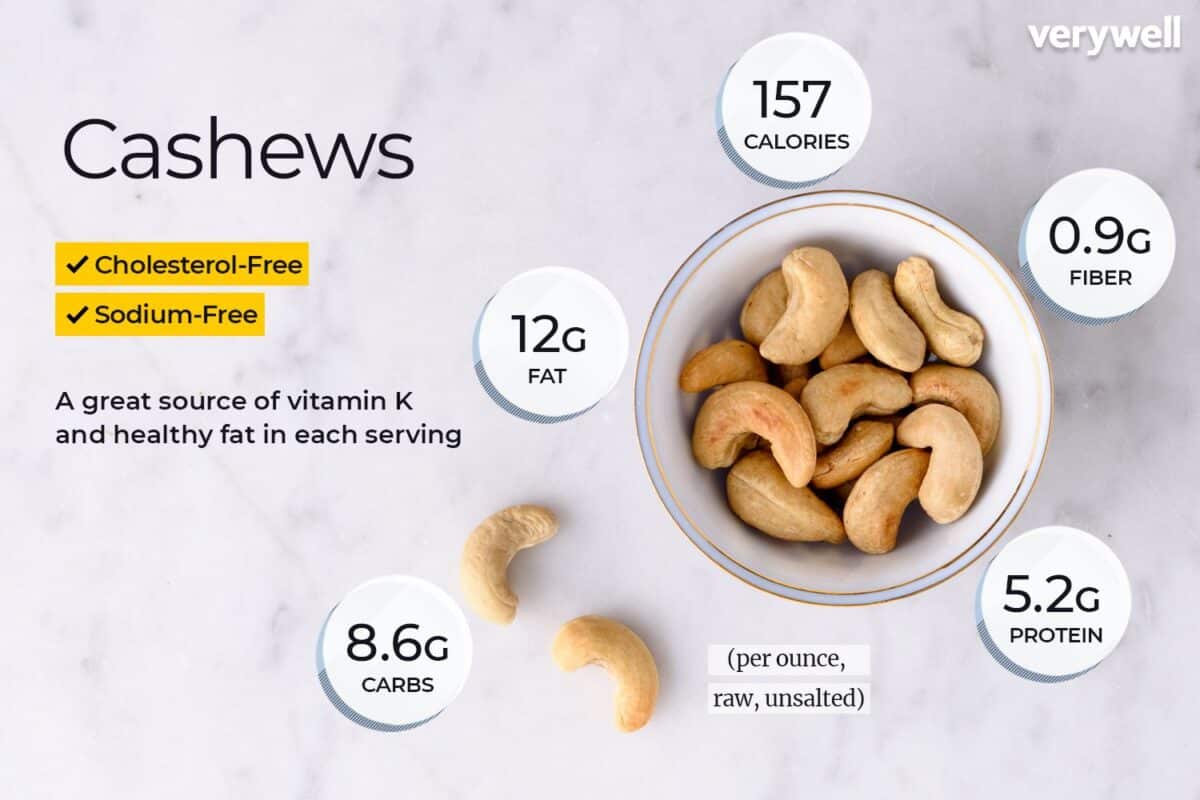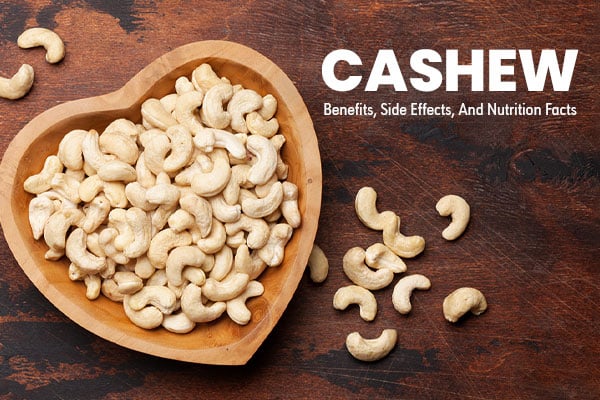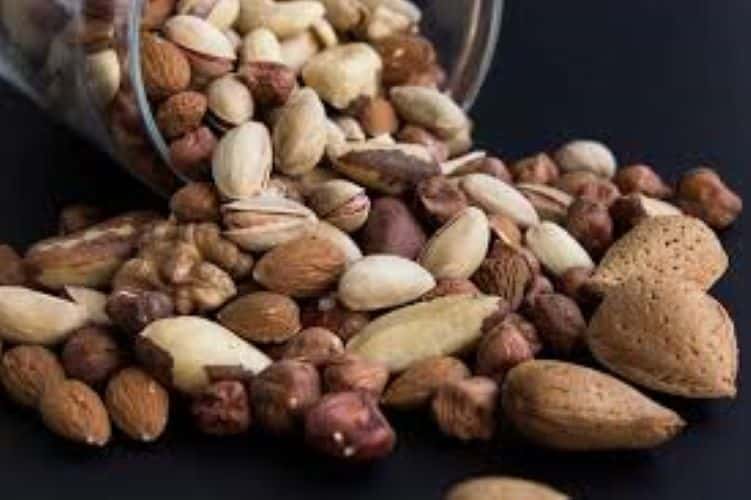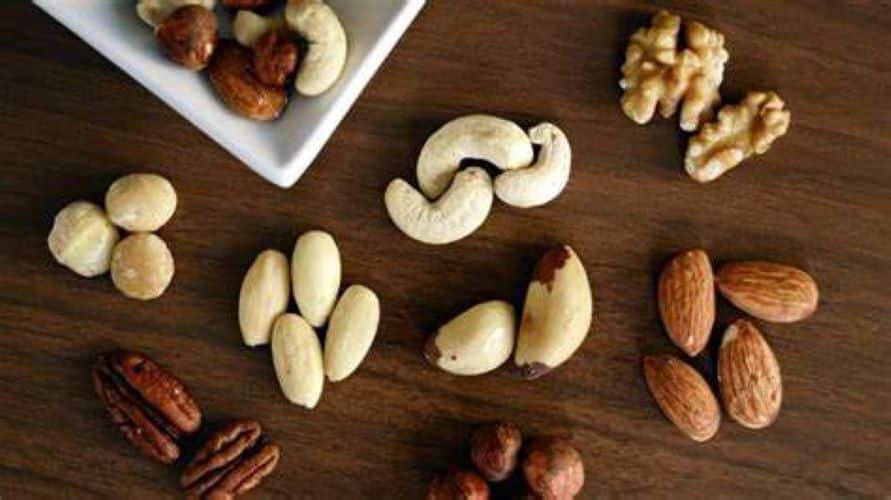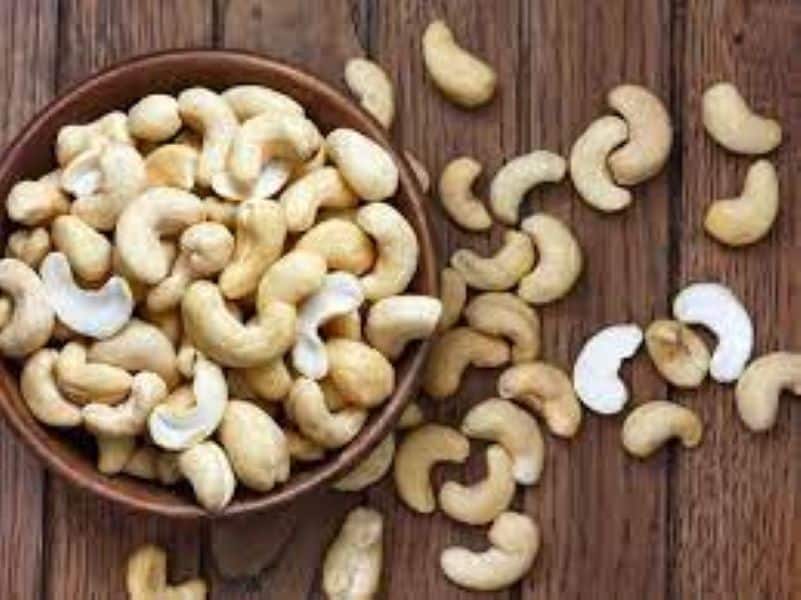Cashew nuts are one of the most nutritionally dense foods available. Here are 7 reasons why you need to add cashew nuts to your diet:
1. They’re high in monounsaturated fat
Monounsaturated fats are a type of unsaturated fat that can help lower your risk of heart disease and stroke. They also appear to have anti-inflammatory benefits, which may be good news for people with autoimmune disorders like rheumatoid arthritis or psoriasis. Cashews contain more monounsaturated fat than other nuts (15 grams per ounce), so they’re one of the best ways to get this important nutrient into your diet!
2. They’re a good source of protein
Cashews are a good source of protein, with about 6 grams in one ounce. They also contain fiber and other nutrients that can help you lose weight and lower your risk for diabetes. If you’re trying to lose weight or keep it off, cashew nuts may be an ideal snack choice because they’re low in calories (about 170 per ounce) and high in fat–but this type comes from monounsaturated fats that are associated with improved heart health.
Additionally, cashews contain magnesium: an important mineral that helps regulate blood sugar levels and fight fatigue while also strengthening bones. Magnesium deficiency has been linked to depression as well as other mental health issues like anxiety or insomnia; so getting enough magnesium could help relieve those symptoms too!
3. Cashew nuts contain a number of minerals, including zinc, copper and iron.
Cashew nuts are a great source of zinc, copper and iron.
Zinc contributes to the maintenance of normal skin and nails, as well as normal testosterone levels in men. Zinc has antioxidant properties that may help reduce the risk of developing cancer, cardiovascular disease and age-related macular degeneration (AMD). Copper is needed for the production of red blood cells that carry oxygen throughout your body. Iron helps carry oxygen in your blood so it can reach all parts of your body.
4. Cashews’ high antioxidant content means they can help fight heart disease and cancer.
Cashews are high in antioxidants, which means they can help fight heart disease and cancer. They also contain monounsaturated fat, or the “good” kind of fat that helps lower cholesterol levels. Cashews are also a good source of magnesium–a mineral that plays an important role in regulating blood pressure and keeping your heart healthy.
In addition to all this, cashews may also help fight diabetes: A recent study found that eating just half a cup of cashews per day reduces blood sugar levels by 11 percent after eating meals containing carbohydrates (like bread).
5. Research suggests that cashews may reduce appetite by slowing the rate at which food leaves your stomach and making you feel fuller for longer after eating them.
Cashews are high in fiber, fat and protein. They also have a low glycemic index, which means they can help you lose weight. Cashews are also delicious!
6. A study from the Journal of Nutrition found that diabetic lab rats that were fed cashews had lower blood sugar levels than lab rats on any other type of diet.
Cashews are high in monounsaturated fat, which means they can help lower cholesterol. They’re also a good source of protein and contain a number of minerals, including magnesium and iron.
The high antioxidant content of cashews makes them ideal for fighting heart disease and cancer; studies have shown that eating these nuts can reduce the risk of both conditions by up to 40 percent!
Eating cashews on a regular basis will keep you healthy!
Cashews are a healthy snack. Cashews are high in monounsaturated fat and protein, which can help lower bad cholesterol. They also contain minerals like zinc, copper and iron.
Cashews are the nutritionally superior option to other nuts because they’re lower in calories and higher in magnesium than most other tree nuts!
If you’re looking for a new, healthy snack, cashews are a great choice. They’re high in monounsaturated fat and protein, which means they can help fight heart disease and cancer. They also contain lots of minerals such as zinc, copper and iron–all nutrients that are important for keeping your body strong and healthy!



